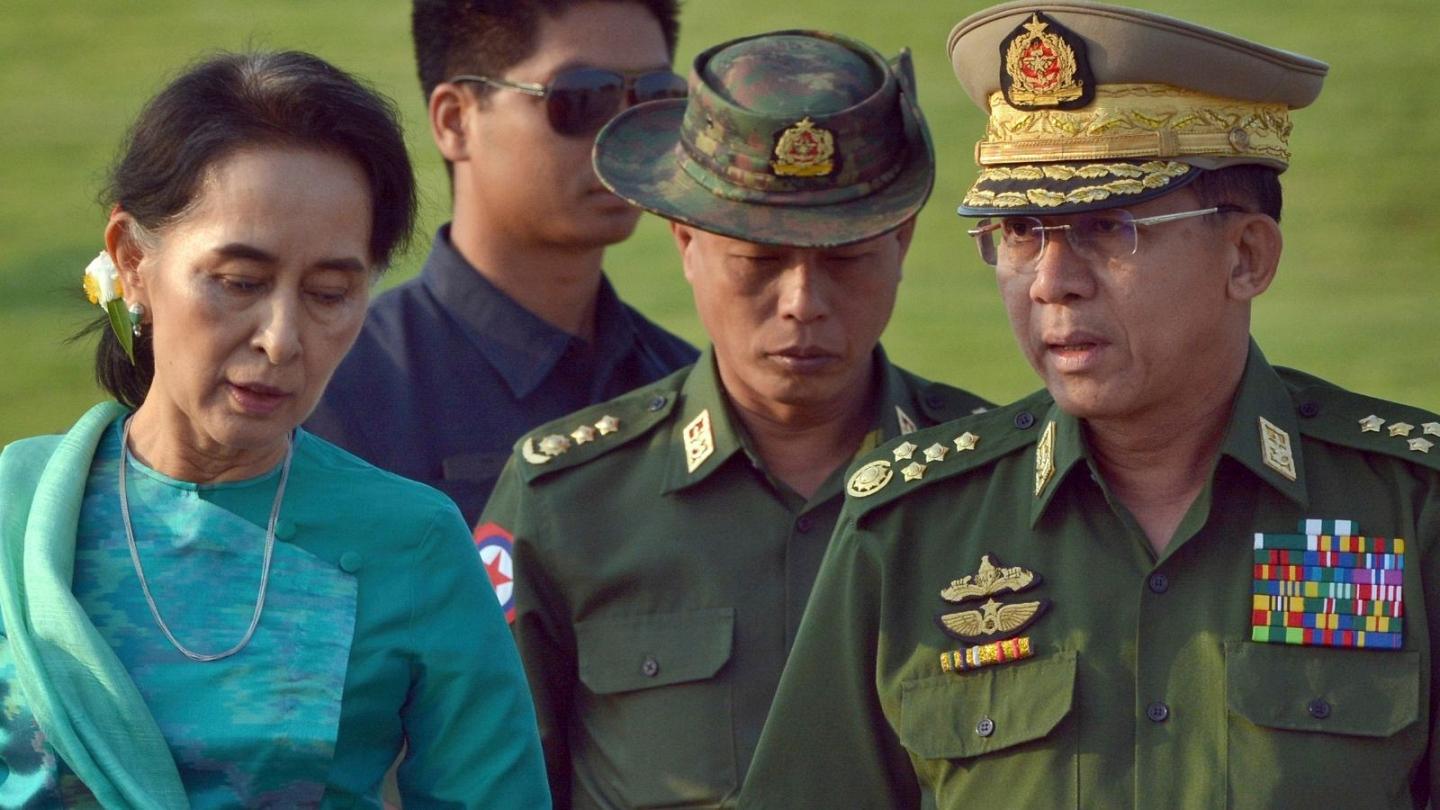Speaking in an interview with the website of the Strategic Council on Foreign Relations, Ramin Mehmanparast said that the situation in Myanmar is very precarious due to the special political situation and the backward economy, adding: After Ms. Aung San Suu Kyi was under house arrest for many years, the military government finally turned into a referendum and she became the leader of the pro-democracy group. She appointed the president under her supervision and experienced different political conditions for several years.
Bitter memories of democracy in Myanmar
He continued: Unfortunately, in those days, what they called democracy was associated with the brutal killing of Muslims in that country, and it seems that for the Western world, democracy and human rights have only one special meaning, and where Muslims are oppressed and subject to massacre in this regard, no one cares about human rights!
The analyst of the international affairs said: In any case, the memory that remained in Myanmar for several years of democracy was a bitter one, and again in Myanmar we witnessed a military coup and the leaders of the previous government were arrested. The internal situation in that country has become complicated and the military usually stays in power for a long time with the coups that they carry out.
Referring to the international reaction to the coup, Mehmanparast added: The American position, as in the previous coups in that country, will be based on pressure, sanctions and isolation of Myanmar, and it is natural that in the rivalry between the US and China in East Asia, finally in some issues political positions of the US and Chinese be different.
Pointing to the opposition of China with the joint statement for condemning the military coup in Myanmar in the US Security Council, he noted: China has not taken a stand against the coup, although there are long-standing relations between Southeast Asian countries and China, economic and political interests have led the conditions to the direction that in the face of the US harsh condemnation we see a different stance from China.
Commenting on the consequences of the coup for the developments in East Asia, as well as China-US relations, he said: We have other issues in the China-US relations, such as Taiwan and Hong Kong, which are much more serious and the position of China and the US there is completely opposite to each other. However, due to the pressures that the Americans intend to apply and the sanctions they have announced, special conditions are created in the Southeast Asian region.
The diplomat added: Political pressure and isolation are one side of the issue and the other side is that Myanmar is a member of ASEAN and has interests with neighboring countries. China is also a big political and economic power that has relations and interests with all the Southeast Asian countries. Therefore, Myanmar’s economic situation is as such that there are countries that can be economically complementary to Myanmar, and also in terms of the methods of sanctions that the Americans have imposed on many countries, can use those conditions as a factor for the expansion of economic cooperation.
Tough and complicated conditions for Myanmar
Mehmanparast emphasized: The situation in Myanmar seems to be a bit difficult and complicated, but it could be an opportunity for some neighboring countries or some countries that want to develop economic relations with Myanmar.
Referring to the internal situation in that country, as well as efforts of Aung San Suu Kyi supporters to launch a campaign aimed at civil disobedience against the ruling military government, he said: The army and military forces in Myanmar are strong and usually in some countries that are economically weak, the military becomes very decisive and dominant.
Mehmanparast pointed to the promise of the Myanmar army to hold elections in that country and added: I doubt if political changes will happen very soon and the civilian government comes to power again; therefore, we have to see more troops in that country, and it will take several years for all the conditions to be re-evaluated. When the military comes to power, it usually does not relinquish power easily.










0 Comments